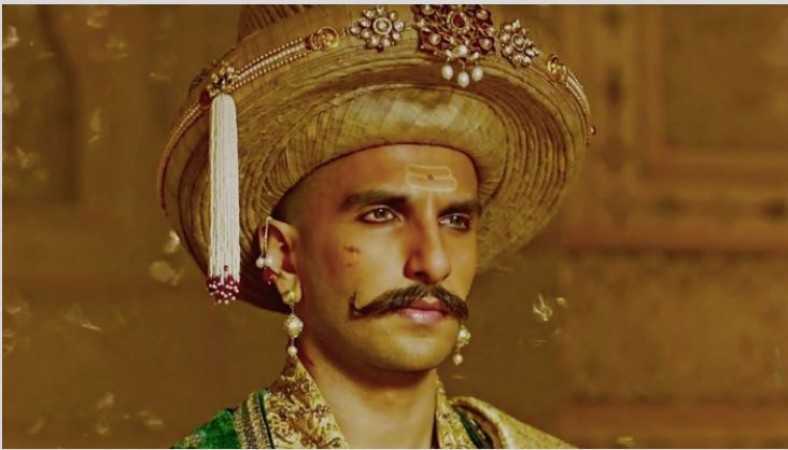
June 23 marks the solemn occasion of the death anniversary of Balaji Baji Rao, the renowned Maratha Peshwa who played a crucial role in shaping the destiny of the Maratha Empire. Often referred to as Nana Saheb, Balaji Baji Rao's legacy as a military strategist, statesman, and administrator remains etched in the annals of Indian history. On this day, we pay tribute to his remarkable contributions and reflect upon his indelible impact on the Maratha Empire.
Born on December 8, 1720, in the illustrious Bhat family, Balaji Baji Rao was the eldest son of Baji Rao I, the founder of the Maratha Empire. From an early age, he exhibited exceptional leadership qualities and a deep understanding of governance. His father recognized his potential and groomed him to assume the role of the Peshwa, the highest administrative position within the Maratha administration.
Balaji Baji Rao's ascent to power came at a challenging time for the Maratha Empire. The Mughal Empire, already weakened, was losing its grip on the Indian subcontinent, creating a power vacuum that regional kingdoms and European colonial powers sought to exploit. In such a complex geopolitical landscape, Balaji Baji Rao emerged as a formidable force, adept at forging alliances and repelling invasions.
One of Balaji Baji Rao's most notable achievements was his military prowess and strategic acumen. He led the Marathas to victory in several battles, including the Battle of Palkhed in 1728 and the Battle of Bhopal in 1737. His ability to mobilize and command the Maratha armies with precision earned him a reputation as a formidable military leader.
However, Balaji Baji Rao's contributions extended beyond military achievements. As Peshwa, he instituted significant administrative reforms that transformed the Maratha Empire into a well-organized and efficient administrative machinery. He established a system of revenue collection, implemented judicial reforms, and promoted economic growth through various developmental projects. Under his leadership, the Maratha Empire experienced a period of stability and prosperity.
Balaji Baji Rao's diplomatic skills were equally commendable. He maintained diplomatic relations with various regional powers and negotiated treaties that protected Maratha interests. His astute diplomacy ensured that the Marathas remained a dominant force in the Indian subcontinent, countering the encroachments of European powers such as the British East India Company.
Tragically, Balaji Baji Rao's life was cut short on June 23, 1761, when he passed away at the age of 40. His death came shortly after the Marathas suffered a devastating defeat at the hands of Ahmad Shah Durrani, the Afghan ruler, in the Third Battle of Panipat. Despite this setback, Balaji Baji Rao's contributions to the Maratha Empire laid a strong foundation for future generations.
Balaji Baji Rao's death marked the end of an era, but his legacy endured. He left behind a rich tapestry of achievements and an indomitable spirit that inspired future leaders. His memory serves as a reminder of the resilience, courage, and vision required to navigate the complexities of governance and safeguard the interests of one's people.
As we observe the death anniversary of Balaji Baji Rao, let us remember his unwavering commitment to the Maratha Empire, his exceptional leadership, and his enduring contributions to the history of India. May his remarkable legacy continue to inspire and guide us in our pursuit of a prosperous and united nation.